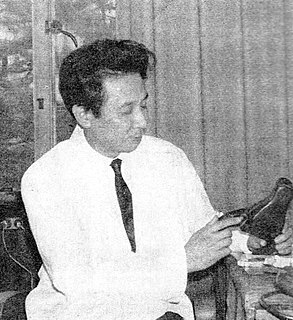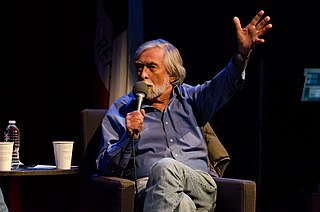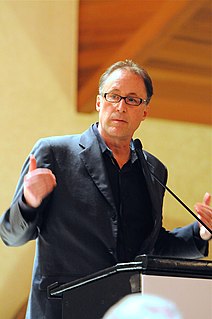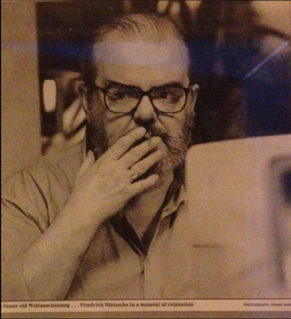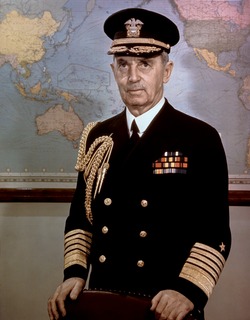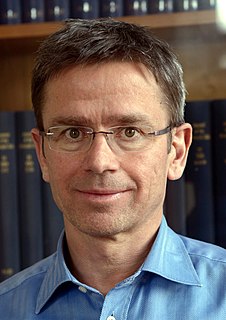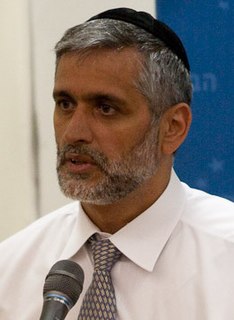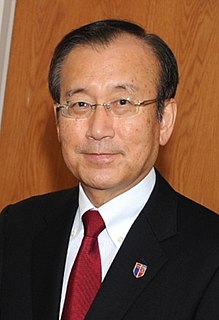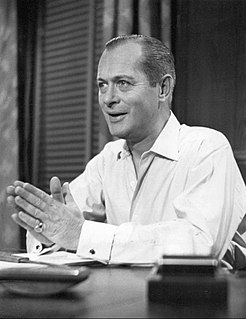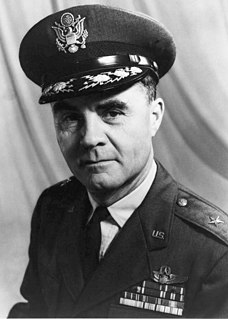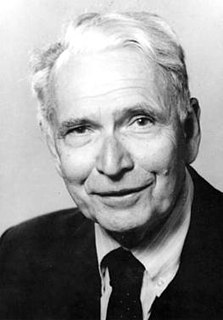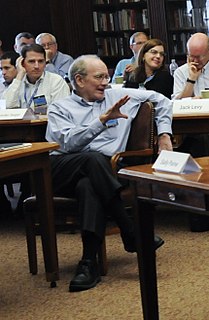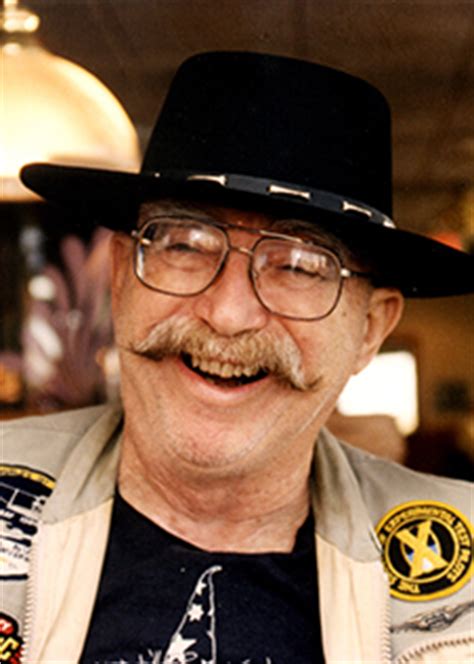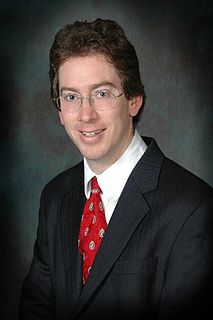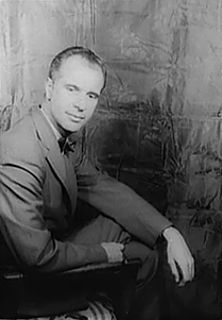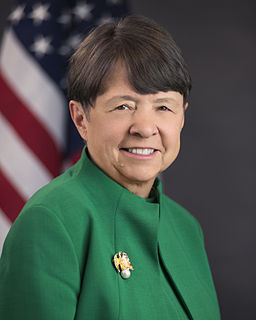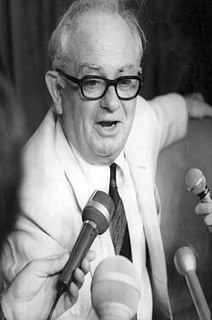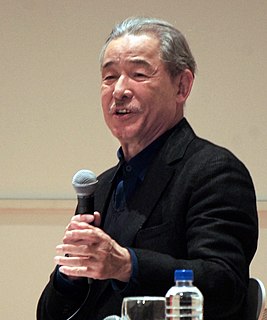Top 126 Hiroshima Quotes & Sayings - Page 2
Explore popular Hiroshima quotes.
Last updated on April 20, 2025.
I was profoundly moved to be the first United Nations Secretary-General to attend the Peace Memorial Ceremony in Hiroshima. I also visited Nagasaki. Sadly, we know the terrible humanitarian consequences from the use of even one weapon. As long as such weapons exist, so, too, will the risks of use and proliferation.
It is people who are violent, rather than "religions"; and since we secularised our politics we have had two major world wars, the Holocaust, the Soviet Gulag, and the atomic attacks on Hiroshima and Nagasaki - none of which were inspired by religion. If we want to understand the dangers of our world, we can no longer accept the old received ideas.
If you encounter a human shadow burned permanently into the concrete in Hiroshima, you realize that this is the trace of a very ordinary person now elevated into the emblematic. Time, shame, complicity, or discomfort are the only things that make us pretend History is impersonal or far removed from the power and consequences of our every lived moment.
With the persistence of tensions and conflicts in various parts of the world, the international community must never forget what happened at Hiroshima and Nagasaki, as a warning and in incentive to develop truly effective and peaceful means of settling tensions and disputes. Fifty years after the Second World War, the leaders of nations cannot become complacent but rather should renew their commitment to disarmament and to the banishment of all nuclear weapons.
The Atomic Age was born in secrecy, and for two decades after Hiroshima, the high priests of the cult of the atom concealed vital information about the risks to human health posed by radiation. Dr. Alice Stewart, an audacious and insightful medical researcher, was one of the first experts to alert the world to the dangers of low-level radiation.
I did not know much history when I became a bombardier in the U.S. Air Force in World War II. Only after the War did I see that we, like the Nazis, had committed atrocities... Hiroshima, Nagasaki, Dresden, my own bombing missions. And when I studied history after the War, I learned from reading on my own, not from my university classes, about the history of U.S. expansion and imperialism.
Probably the biggest influence on my career was the late John Hersey, who, while he was at 'The New Yorker,' wrote one of the masterpieces of narrative non-fiction, 'Hiroshima.' Hersey was a teacher of mine at Yale, and a friend. He got me to see the possibility of journalism not just as a business but as an art form.
The use of [the atomic bombs] at Hiroshima and Nagasaki was of no material assistance in our war against Japan. The Japanese were already defeated and ready to surrender because of the effective sea blockade and the successful bombing with conventional weapons... The lethal possibilities of atomic warfare in the future are frightening. My own feeling was that in being the first to use it, we had adopted an ethical standard common to the barbarians of the Dark Ages. I was not taught to make war in that fashion, and wars cannot be won by destroying women and children.
In some ways more painful is the fact that their experience appears to be fading from the collective memory of humankind. Having never experienced an atomic bombing, the vast majority around the world can only vaguely imagine such horror, and these days, John Hersey's Hiroshima and Jonathan Schell's The Fate of the Earth are all but forgotten. As predicted by the saying, 'Those who cannot remember the past are condemned to repeat it,' the probability that nuclear weapons will be used and the danger of nuclear war are increasing.
I've got a nice collection of paintings - a Basquiat, a black-and-white Warhol that's like a Rorschach test, and I commissioned Takashi Murakami to do a ten-foot joint for me. It's almost like the explosion in Hiroshima with his famous skeleton head. There's a wall above my fireplace reserved for it.
Berlin seems like a place of healing to me though: you have both the Holocaust Memorial and Hiroshima Strasse side-by-side there. You have the whole last century libraried and you can see exactly what we did. Now there's lots of artists and musicians moving there because they can't afford the rent in London and New York, and they're having children and making it a gentle place. It seems to be a place of hope now.
A bright light filled the plane. The first shock-wave hit us. We were eleven and a half miles slant range from the atomic explosion but the whole airplane cracked and crinkled from the blast... We turned back to look at Hiroshima. The city was hidden by that awful cloud... mushrooming, terrible and incredibly tall.
There is no question in my mind that we live in one of the truly bestial centuries in human history. There are plenty of signposts for the future historian, and what do they say? They say 'Auschwitz' and 'Dresden' and 'Hiroshima' and 'Vietnam' and 'Napalm.' For many years we all woke up to the daily body count on the radio. And if there were a way to kill people with the B Minor Mass, the Pentagon-Madison Avenue axis would have found it.
It's all a play. Hiroshima and Nagasaki happen, there are hundreds of thousands of dead, and the curtain comes down, and that's the end of that. Then Korea happens. Vietnam happens, all that happened in Latin America happens. And every now and then, this curtain comes down and history begins anew. New moralities and new indignations are manufactured...in a disappeared history.
I thought scientists were going to find out exactly how everything worked, and then make it work better. I fully expected that by the time I was twenty-one, some scientist, maybe my brother, would have taken a color photograph of God Almighty—and sold it to Popular Mechanics magazine. Scientific truth was going to make us so happy and comfortable. What actually happened when I was twenty-one was that we dropped scientific truth on Hiroshima.
...to live differently, to love differently, to think differently, or to try to. Is the danger of beauty so great that it is better to live without it (the standard model)? Or to fall into her arms fire to fire? There is no discovery without risk and what you risk reveals what you value. Inside the horror of Nagasaki and Hiroshima lies the beauty of Einstein's E=MC squared
It is my opinion that the use of this barbarous weapon at Hiroshima and Nagasaki was of no material assistance in our war against Japan. The Japanese were already defeated and ready to surrender... In being the first to use it, we had adopted an ethical standard common to the barbarians of the Dark Ages.
At exactly fifteen minutes past eight in the morning, on August 6, 1945, Japanese time, at the moment when the atomic bomb flashed above Hiroshima, Miss Toshiko Sasaki, a clerk in the personnel department of the East Asia Tin Works, had just sat down at her place in the plant office and was turning her head to speak to the girl at the next desk.
Now Christianity sounded good at first to the naive convert. Love, peace and charity -
what's wrong with that? I'll tell you what's wrong - a series of unprecedented
horrors perpetrated by so-called Christians: The Inquisition, the Conquistadores,
the American Indian wars, slavery, Hiroshima and the present-day Bible Belt.
I was born in the middle of the Second World War when the United States dropped their atomic bombs in Hiroshima and Nagasaki, when millions of people were dying in concentration camps, when half the planet were colonies that belonged to empires. The word feminism didn't exist. And in my lifetime I have seen all these things improved, changed. We are more connected, more informed. We can fight against stuff together in ways we couldn't before.
Reports in Washington show that our reasoning was just like that of your physicists. With all this information available, at least to privileged persons, I cannot understand why it is generally held in the United States that we completely missed the basic principle of the bomb until after Hiroshima.
I recently got back from Hiroshima and it was fascinating to me how the Japanese accommodate this paradox. We were talking about this word aware, which on the page looks like "aware," which speaks to both the pain and the beauty of our lives. Being there, what I perceived was that this is a sorrow that is not a grief that one forgets or recovers from, but it is a burning, searing illumination of love for the delicacy and strength of our relations.
If Mr. Obama could walk across the Peace Bridge in Hiroshima - whose balustrades were designed by the Japanese-American sculptor Isamu Noguchi as a reminder both of his ties to East and West and of what humans do to one another out of hatred - it would be both a real and a symbolic step toward creating a world that knows no fear of nuclear threat.







